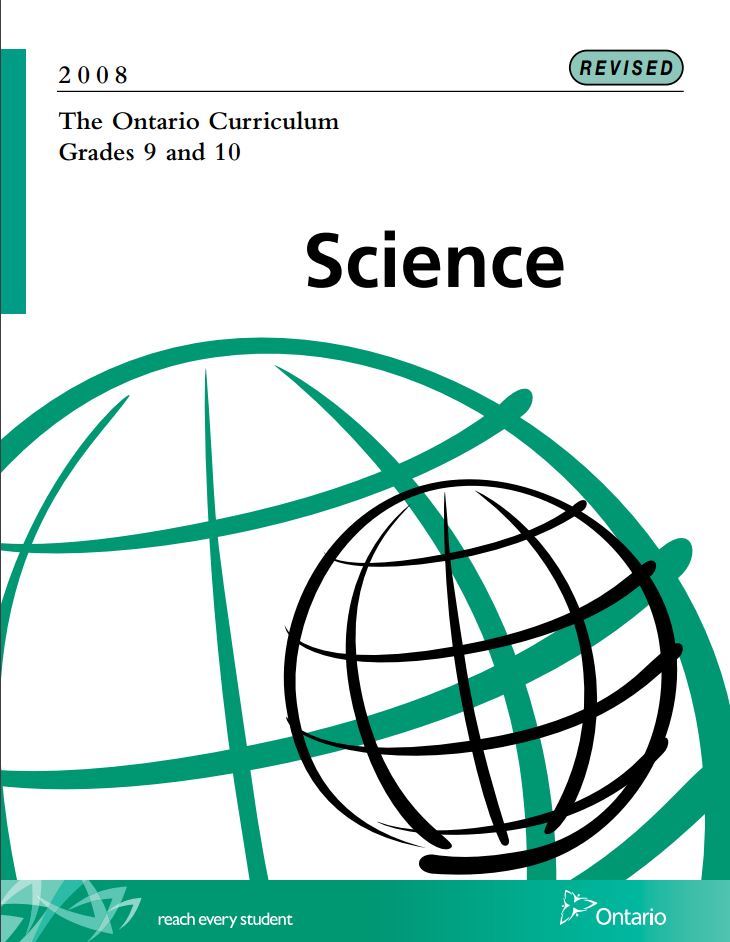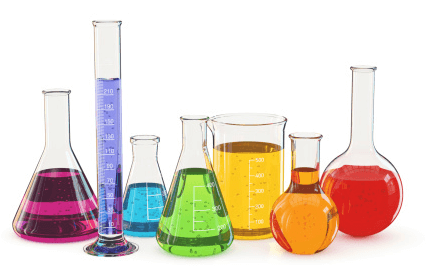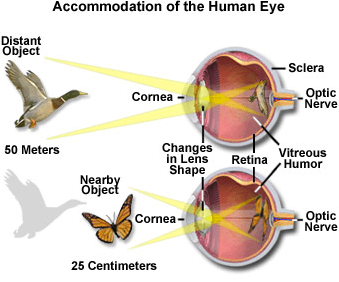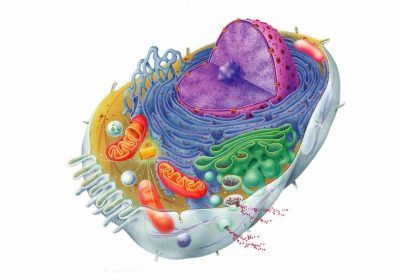Grade 10 Science
Overview of Grade 10 Science
Grade 10 Science allows students to deepen their knowledge of biology, chemistry, earth and space science, and physics, and to explore the connections between science, technology, society, and the environment. It also provides opportunities to enhance their skills in scientific investigation. Students will plan and conduct experiments, developing their understanding of scientific theories related to the connections between cells and systems in animals and plants, chemical reactions with a focus on acid-base reactions, forces influencing climate and climate change, and the interaction of light and matter.
Each unit in Grade 10 Science is accompanied with unique challenges. In Chemistry, students use their learning of atoms, compounds and the periodic table to identify and name complex ionic & covalent compounds containing polyatomic ions, transitions metals and peroxides. Students are also expected to distinguish between various types of acids, including Binary and Oxyacids. Further, students must incorporate this new knowledge to 5 distinct types of chemical reactions, where they must engage in procedures to balance and determine reaction their viability using the Activity Series & Solubility Chart. York Region tutors help students through homework and laboratory assignments while, at the same time, providing them with tools that make naming compounds and balancing equations simple and efficient.
The Optics unit is similar to Chemistry in that students must follow taught procedures to arrive at a correct answer. These procedures include drawing ray diagrams for plane, concave & convex mirrors as well as diverging and converging lenses. Unlike Chemistry, however, a great deal of the Optics unit is mathematical. Students must use logic as well as formulas to calculate angles of incidence and refraction, indices of refraction, critical angles and magnification, just to name a few. To help students build their confidence and aptitude for this unit, we supply and assist them with past tests administered by YRDSB/YCDSB School Teachers so that they know what to expect come test day.
Although Biology does involve a good deal of memorization, it is often underestimated (and thus under-taught) just how sensibly the body works. For instance, although each cellular organelle has a specific function, it would do a disservice to students to simply memorize each of those functions and subsequently regurgitate them on paper. Each organelle works with the next to create a seamless transition in the production and transport of proteins. All the way from the nucleus to the endoplasmic reticulum, ending in the golgi apparatus, the cell works in such an organized fashion that students can learn without engaging in hours rote memorization – and York Region Tutors are there to teach them how.
Ontario Curriculum Breakdown - Grade 10 Science (Academic)

- Plants and animals, including humans, are made of specialized cells, tissues, and organs that are organized into systems.
- Developments in medicine and medical technology can have social and ethical implications.
- Evolution is the process of biological change over time based on the relationships between species and their environments.
- The theory of evolution is a scientific explanation based on a large accumulation of evidence.
- Technology that enables humans to manipulate the development of species has economic and environmental implications.
- Chemicals react with each other in predictable ways.
- Chemical reactions may have a negative impact on the environment, but they can also be used to address environmental challenges.
- Earth’s climate is dynamic and is the result of interacting systems and processes.
- Global climate change is influenced by both natural and human factors.
- Climate change affects living things and natural systems in a variety of ways. People have the responsibility to assess their impact on climate change and to identify effective courses of action to reduce this impact.
- People have the responsibility to assess their impact on climate change and to identify effective courses of action to reduce this impact.
- Light has characteristics and properties that can be manipulated with mirrors and lenses for a range of uses.
- Society has benefited from the development of a range of optical devices and technologies.
York Region Tutoring Provides
If a student is approaching a forthcoming test, we can provide them with a previous test to be completed at home before their upcoming session. Subsequently, during their next class, just before the exam, they can review the test with their tutor. These tests are exclusively sourced from high schools in York Region and other areas in Ontario, serving as the definitive benchmark for students to assess their readiness.
York Region Tutors and are equipped with drawing tablets making collaboration simple, efficient and effective. We also offer drawing tablets at a discount for purchase to students who really take to the functionality of the product.
At the parents’ request, following each tutoring session, our tutors can assign homework tailored to address weaknesses and reinforce strengths in students. Additionally, we incorporate homework questions directly extracted from previous tests and quizzes administered by YRDSB school teachers, allowing students to familiarize themselves with potential test questions.



